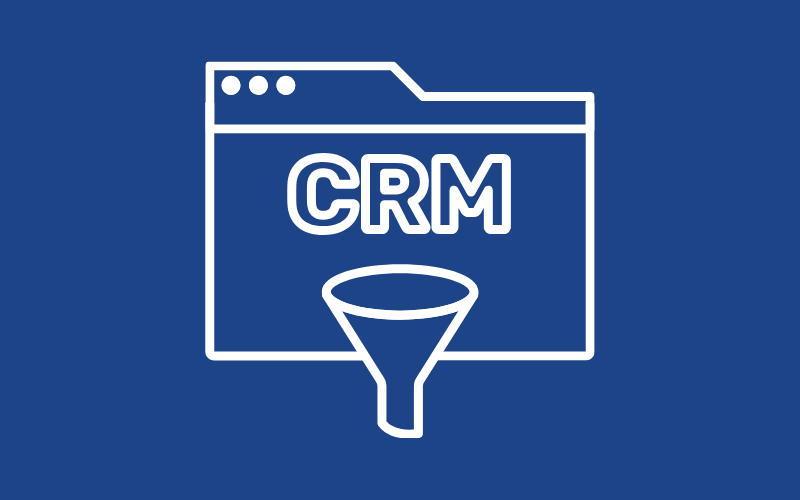In the realm of business and customer relations, the concept of Customer Relationship Management (CRM) is a pivotal one, we could argue that CRM indeed falls under the broader umbrella of marketing. However, where exactly does CRM fit in the broader landscape of business operations? Does CRM fall under marketing? In this article, we will delve deep into this question, exploring the intricate relationship between CRM and marketing, and why it matters for businesses of all sizes.
Introduction
Customer Relationship Management, or CRM, is a multifaceted approach to managing a company’s interactions with both current and potential customers. It involves utilizing data analysis about customers’ history with a company to improve business relationships, specifically focusing on customer retention and ultimately driving sales growth.
The Synergy Between CRM and Marketing
CRM as a Marketing Tool
One could argue that CRM indeed falls under the broader umbrella of marketing. The primary goal of marketing is to attract, engage, and retain customers. CRM systems aid in achieving this by enabling companies to organize, automate, and synchronize sales, marketing, customer service, and technical support.
Utilizing Customer Data
CRM and marketing work hand in hand through data utilization. In marketing, customer data is invaluable. By using CRM software, marketers can access a goldmine of information about customer behavior, preferences, and demographics. This enables them to create highly targeted marketing campaigns and personalized messages.
Personalization and Customer Engagement
In today’s competitive business landscape, personalization is key. CRM systems play a vital role in this aspect by allowing marketers to segment their audience and tailor marketing efforts to individual preferences. This results in higher customer engagement and conversion rates.
CRM in Other Business Functions
While CRM and marketing have a strong connection, CRM extends its influence beyond the marketing department. It permeates various aspects of a business, contributing to its growth and success.
Sales and CRM
In the sales domain, CRM software empowers sales teams to track leads, manage opportunities, and close deals more effectively. This is particularly crucial in Business-to-Business (B2B) sales, where long-term relationship building is fundamental.
Customer Service
CRM isn’t just about acquiring new customers; it’s also about retaining and servicing existing ones. Customer service departments use CRM systems to provide efficient support, resolving issues promptly, and ensuring customer satisfaction.
Product Development
Feedback from customers is priceless for product development. CRM systems help in collecting and analyzing customer feedback, which, in turn, informs product improvements and innovations.
FAQs
Is CRM solely for big businesses?
No, CRM systems are adaptable and can benefit businesses of all sizes. Small and medium-sized enterprises can also harness the power of CRM to manage and grow their customer base effectively.
How does CRM improve customer retention?
CRM systems aid in customer retention by providing businesses with the tools to personalize interactions, track customer behavior, and address their needs proactively, ensuring a positive and lasting relationship.
Are there industry-specific CRM solutions?
Yes, there are industry-specific CRM solutions designed to cater to the unique needs of different sectors, such as healthcare, real estate, and e-commerce.
Can CRM replace traditional marketing?
CRM complements traditional marketing efforts but doesn’t replace them. It enhances marketing strategies by providing valuable data and insights, making marketing campaigns more effective.
What is the cost of implementing a CRM system?
The cost of implementing a CRM system can vary widely depending on the size and requirements of your business. There are both affordable and high-end options available, so you can find a solution that suits your budget.
How long does it take to see results with CRM?
The time it takes to see significant results with CRM depends on various factors, including the business’s existing processes, the quality of data, and the effectiveness of implementation. Typically, businesses start noticing improvements within a few months.
Does CRM Fall Under Marketing: Conclusion
In conclusion, CRM is undeniably intertwined with marketing, but it doesn’t fall under it exclusively. CRM serves as a powerful ally in marketing efforts, providing the data and tools needed for customer acquisition, engagement, and retention. Simultaneously, CRM extends its reach across various other business functions, making it an essential component of any successful business strategy.
By understanding the synergy between CRM and marketing, businesses can unlock the full potential of their customer relationships, driving growth and success.


